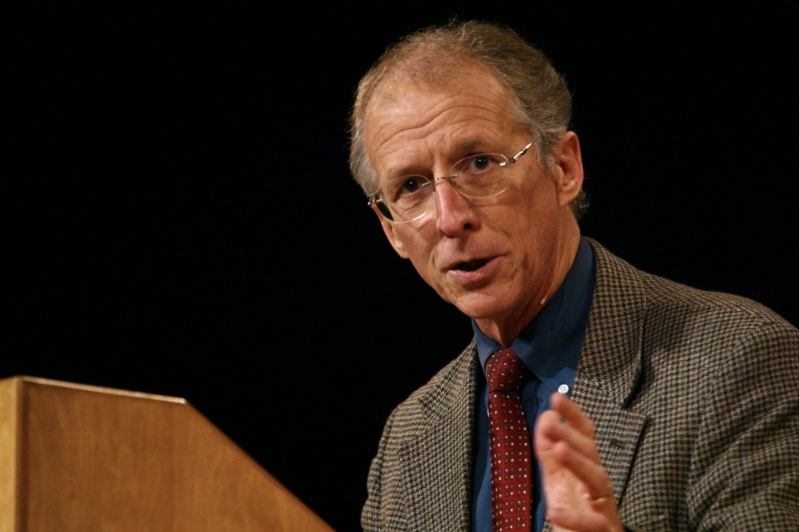
Theologian John Piper has shared his thoughts on one of the most frequently debated issues within the Church: Should Christians avoid donating their body to science?
Piper, who serves as the chancellor of Bethlehem College & Seminary in Minnesota and founder/teacher of DesiringGod.org, offered his opinion in a recent blog post in response to several questions regarding what to do with one's body after death.
The theologian first argues that Christians should avoid the act of cremation after death because it involves a burning of their body, while burial is the "biblical picture of belief in the resurrection of the body."
However, Christians should not necessarily avoid the prospect of donating their body to science, as the aim in doing so is to honor the preciousness of the body.
"[...] when one considers that the aim is the discovery or the improvement of some healing procedure for the body or training of doctors in the healing arts for the body, then those very so-called indignities to the body take on a kind of beauty that, in fact, serves the dignity of the body," he writes.
Yet, Christian's aren't necessarily called to donate their body to science, as there are "many family issues that need to be taken into account among others."
"For example, are there young children involved who just lost a mommy or a daddy who need to process the death of a parent differently than thinking they are being carved up at the university? A grave to visit may be very, very important," Piper states.
He also admits it may be that certain parts of the body are in the end burned by the scientific community.
"I don't know. I haven't done the research, and I don't know the answer to what happens to cadavers when their usefulness is complete," Piper writes. "But even if they are disposed of in that way - which, I would, by the way, discourage if I were involved in that kind of work in the scientific community - the aim in giving the body is not that that happens: It is not that the body be burned. That is the first big difference."
While deciding whether to donate their body to science, Christians should look at Jesus' crucifixion on the cross as an example of allowing your body to be sacrificed for humanity as a whole.
"Surely the human body that Christ took on was not designed to be tortured and whipped and lacerated and speared and nailed to a cross like a piece of meat," Piper explains. "But all of those indignities were embraced by Christ. He chose them. He submitted himself to them. He gave himself to them not only that our souls might be saved, but precisely so that our bodies would be raised from the dead - and all the indignities of disease and death and torture would be overcome precisely because he gave his body to them."
He also encourages Christians to weigh need of such donations in the medical community before making such a significant decision.
"The closer the connection between the greatness of the need in medicine and the immediacy of my decision to give or not to give, the greater the obligation to give," Piper explains.
Russell Moore, head of the Southern Baptist Convention's (SBC) Ethics and Religious Liberty Commission, also voiced his opposition to the act of cremation in an article for Touchstone Magazine, in which he argued that for Christians, burial is not the disposal of a thing, but rather caring for a person.
"In burial, we're reminded that the body is not a shell, a husk tossed aside by the "real" person, the soul within. To be absent from the body is to be present with the Lord (2 Cor. 5:6-8;Phil. 1:23), but the body that remains still belongs to someone,someone we love, someone who will reclaim it one day," he wrote.
The theologian said that burial is a fitting earthly end to the life of a faithful Christian who has been "buried with Christ in baptism" and is waiting to be raised with him in glory.
"A Christian burial does not mean that we are 'in denial' about the decomposition of bodies-that is part of the Edenic curse (Gen. 3:19). It does mean that this decomposition is not what, in this act of worship, we proclaim as the ultimate truth about the one to whom we've said goodbye," Moore contended.
"Christians at a burial site remind themselves and the watching world, by committing a seemingly 'sleeping' body to the ground, that one day this same northern Galilean accent will ring from the Eastern skies-and 'they that hear shall live' (John 5:25),'" he concluded.







